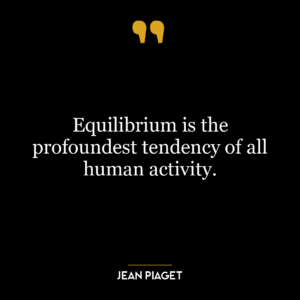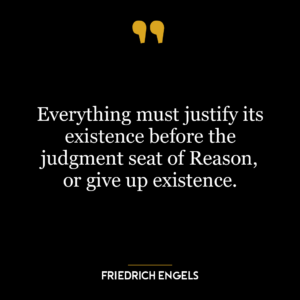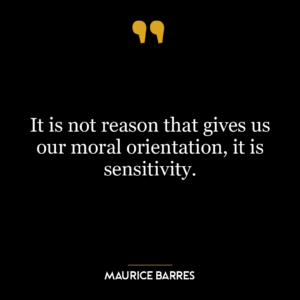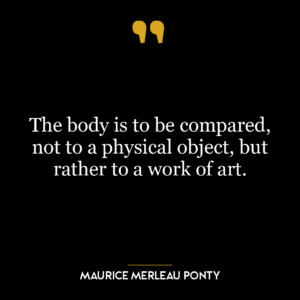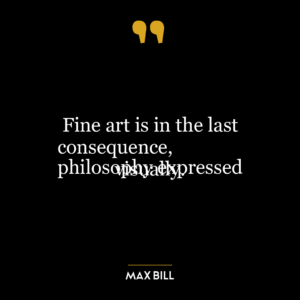This quote is about the importance of introspection and self-improvement. It suggests that to rectify our mistakes, we need to first change our mindset or philosophy. The term ‘philosophy’ here refers to our personal belief system, our attitudes, our perspectives, and our approach to life. If we keep holding on to flawed beliefs or attitudes, we are likely to keep making the same mistakes.
For instance, if someone consistently finds themselves in toxic relationships, they need to examine their own beliefs and attitudes about relationships, love, and self-worth. They might be subconsciously drawn to toxic relationships because they believe they don’t deserve better, or they might believe that love must always involve sacrifice and suffering. To stop making the same mistake, they need to change these beliefs.
Applying this idea in today’s world, we can see that many of the problems we face, both individually and collectively, are due to flawed philosophies. For example, the environmental crisis is largely due to a philosophy that sees nature as a resource to be exploited, instead of a complex ecosystem to be respected and preserved. To resolve this crisis, we need to amend our philosophy and adopt a more sustainable and respectful attitude towards nature.
In terms of personal development, this quote is a reminder that growth and improvement always start from within. Before we can change our actions, we need to change our thoughts. If we want to become more patient, for example, we need to first understand and challenge our own impatience. We need to examine why we become impatient, what beliefs underlie our impatience, and how we can cultivate a more patient attitude. Only then can we start to behave more patiently.
In conclusion, this quote is about the power of self-awareness and self-reflection in facilitating change and growth. It encourages us to take responsibility for our mistakes and to actively work on improving ourselves by challenging and changing our beliefs and attitudes.






